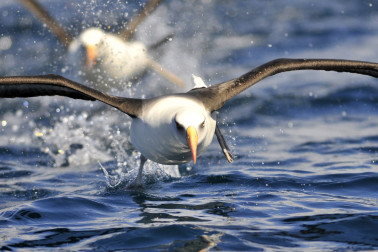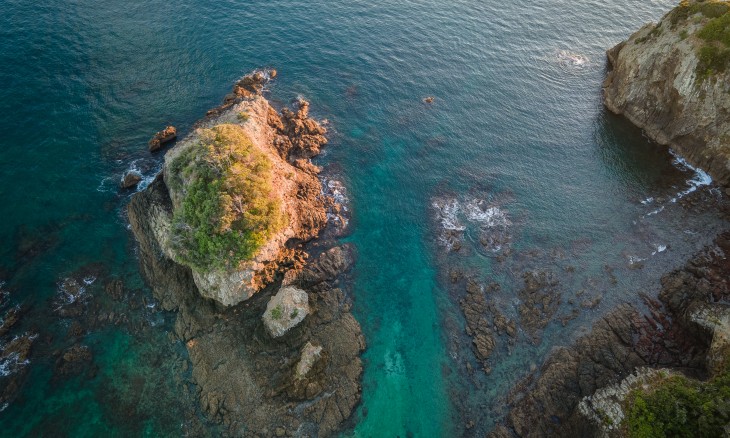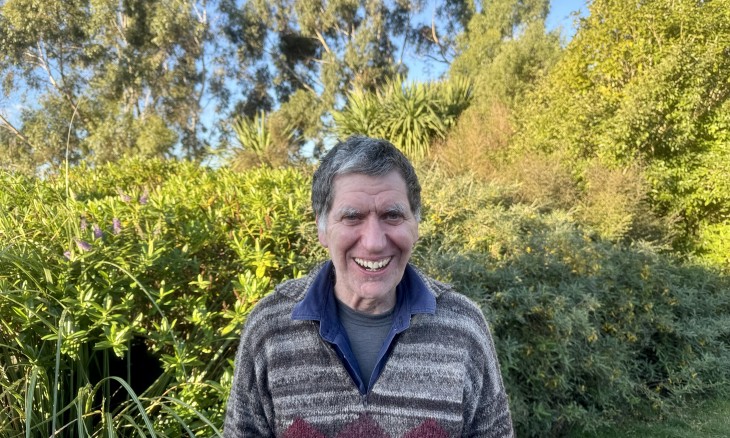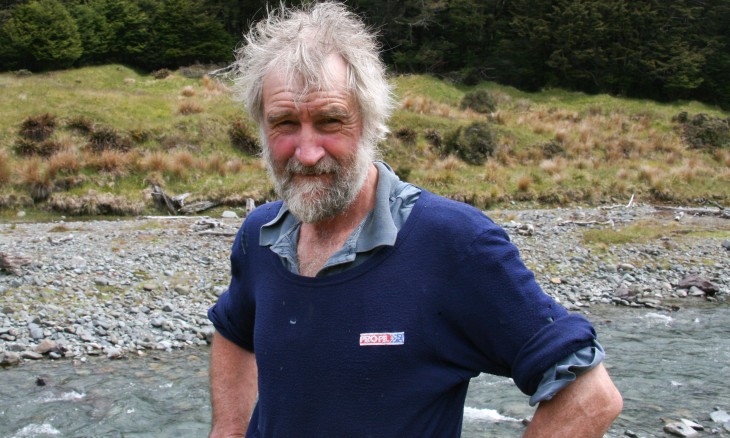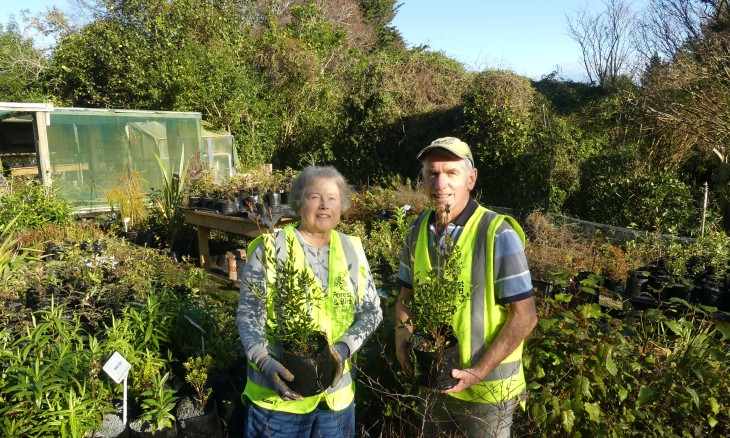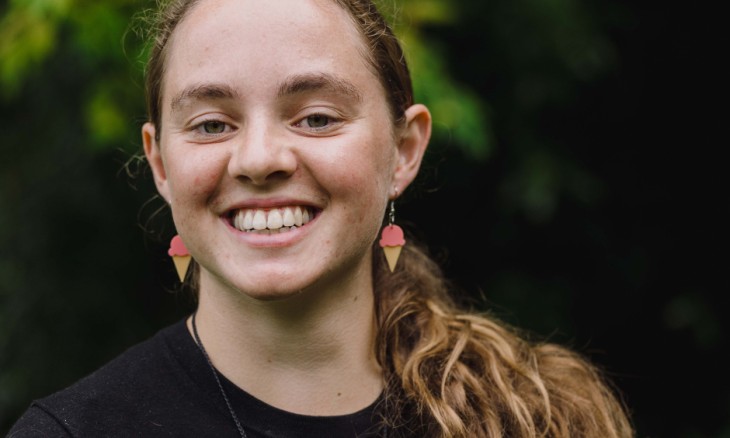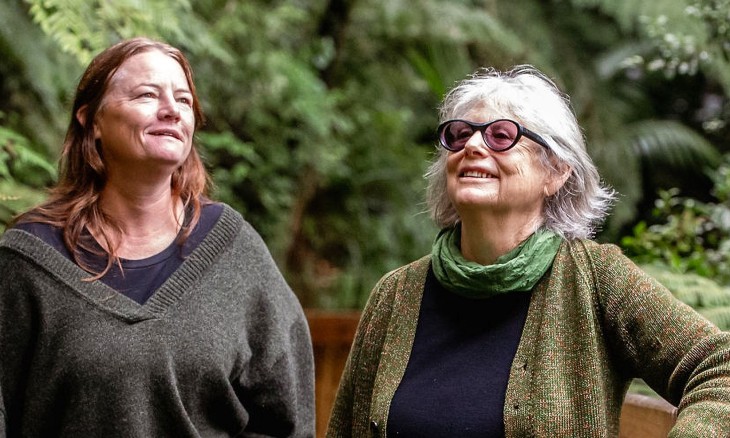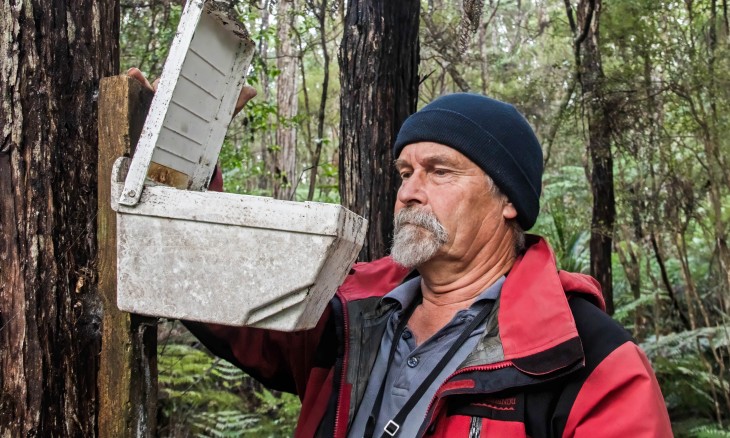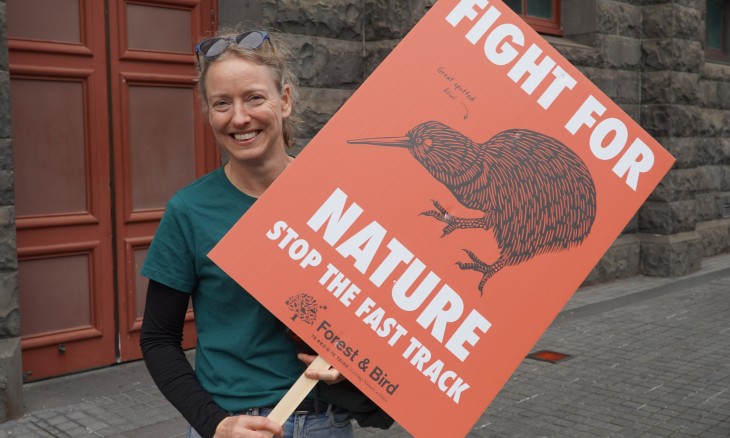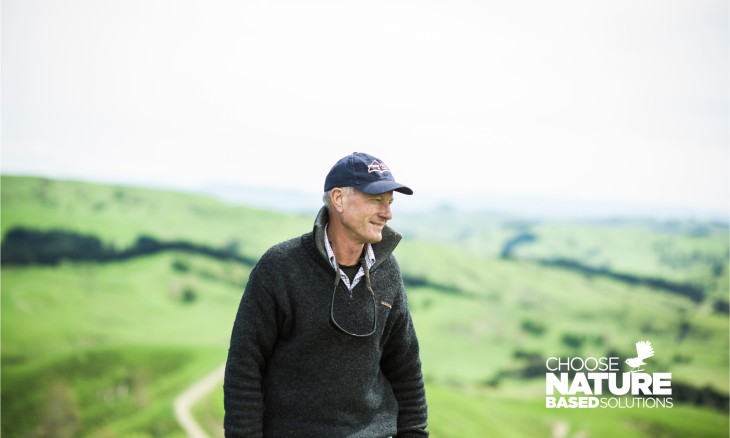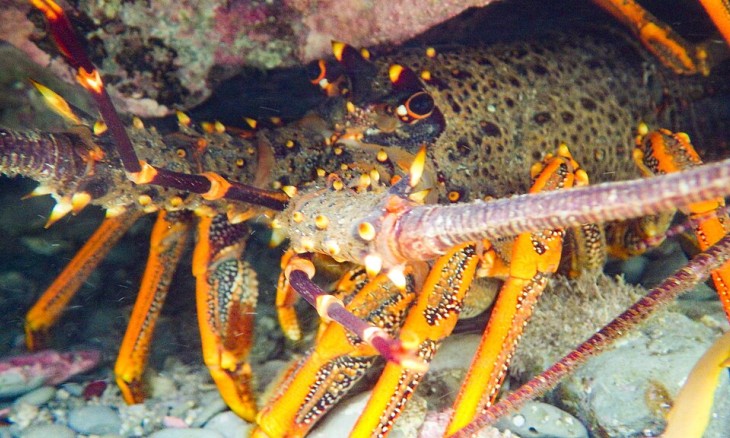Why it matters
New research shows plastic makes up 78 percent of waste on New Zealand beaches.
Our seabirds are particularly vulnerable to plastic pollution: global research has found rubbish is being fed to chicks by their parents and it is killing them.
But they aren’t the only victims. One in every three turtles recovered in our country has died or is sick from eating plastic. We are calling for the Government, for industry, manufacturers, retailers and the public – at home and overseas - to end plastic waste. Now.
Global production is doubling every 11 years and, if it continues at its current rate, it is predicted by 2050 there will be more plastics, weight for weight, than fish in the ocean.
New Zealand is the “seabird capital of the world” with the highest number of species found nowhere else on the planet. They are also the world’s most threatened birds, their survival limited by needless deaths caused by incidental capture in commercial fisheries, predation and the impact of climate change.
And now plastic. The undercover killer.
Seabirds are especially vulnerable to plastics. When plastics get into the sea the scum on the surface produces a chemical – dimethyl sulphide – that is a substance seabirds are attracted to. In other words, they believe they are eating food – and feeding it to their chicks – when they eat plastic.
Chicks that are fed plastic are malnourished and can die of starvation or dehydration. Toxic chemicals are also adsorbed onto plastic and can also affect their development and their ability as adults to breed. And it’s a similar story for turtles – plastic has been shown to directly cause death.
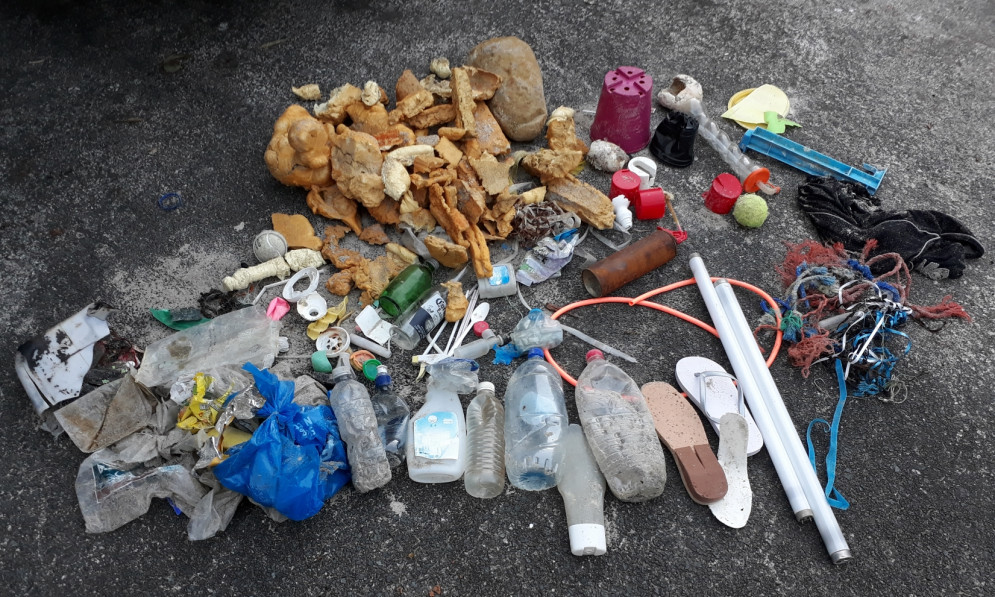
Assorted plastic waste from the ocean.
What do we want?
At home we are calling for the Ministry for the Environment to collaborate with industry and the public to create a circular economy – one in which plastic is dramatically reduced and blocked from entering our seas.
Internationally Forest & Bird has put forward recommendations for the New Zealand Government to take the lead, urging members of the United Nations Environment Assembly to create a legally binding international agreement to reduce marine litter and micro plastics.

